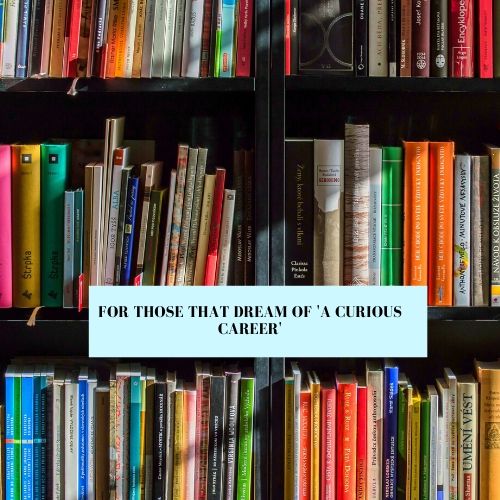

A goldmine for the curious, Lynn Barber’s 2015 memoir ‘A Curious Career’ depicts an image of Journalism that is a far cry from that of today. One of late-night drinking and raucous interviewees.
Her conversational tone puts all at ease, giving the allusion of a family chat over a cuppa. Having worked in the industry for over 40 years, ‘A Curious Career’ is an unintentional ‘How to..’ that should be found in all trainee Journalists backpacks.
Reading Barber’s second autobiography with no preconceived notion of whom she was, would not place any readers at a disadvantage. Scattering informative seeds of her younger years throughout the 224 pages, increasing accessibility by dedicating the entire beginning chapter to anecdotes of her childhood and early adult life. The ensuing chapters relay interviews that have stuck in Barber’s mind from her time in the field.

Describing vividly the turbulent events of her childhood as an only child, the most intriguing discovery is her relationship with conman Simon many years her superior. This dubious relationship taught the author a handful of lessons, which she ponders throughout. Lessons are in abundance for the author and her readers, from fundamental journalistic skills to never taking everything at face value. Even Barber’s time at University serves as a lesson to readers, that your degree does not restrict the things you may one day achieve.
The autobiography in its entirety is a self-reflection. ‘A Curious Career’ is written with a tone of tender humanity. Hiding very little from the reader, revealing her highs and lows, a particularly solemn moment being her husband David’s death. The book appears to be a relief for Barber, after four decades of telling the story of other people’s lives it’s finally her time.
The intertwining of personal and professional anecdotes is seamless, carefully curated to authenticate Barber’s points. Humanizing the role of a journalist as she writes. She talks of a highly transitional career, placing emphasis on the importance of contacts for journalists.
For many female readers, Barber’s autobiography can be an inspiration. As they read about a woman that rose through the adversity of being a female journalist in the ‘60s. Amidst this inspirational aspect, Barber also highlights the prominent sexual conversation of the ‘60s in her autobiography; her first job being bedroom etiquette interviews.
Despite being alluded to, Barber never absolutely states that there are good and bad interviewees. Nonetheless, a subtle criterion is formulated by the author, “Give me a monster every time – someone who throws tantrums, hurls insults, storms out, and generally creates mayhem.” Her rejection of “the media tendency to lump people into types or classes or stereotypes” appears rather hypocritical as she lumps individuals together in each chapter on based on their careers.
‘A Curious Career’ undeniably fits the brief, curiosity runs through Barber’s veins just like the pages of this book. Susan Hill, Journalist for The Times praised the memoir as she said ”A pricker of pomposity, a ruthless exposer of lies, half-truths and deception…The world needs those interviews.” She in indisputably correct, Lynn Barber is the original rebel, that helped paved the way for today’s female journalists. The reading experience is one of cliche spine tingles and occasional emotional surges of empowerment.
